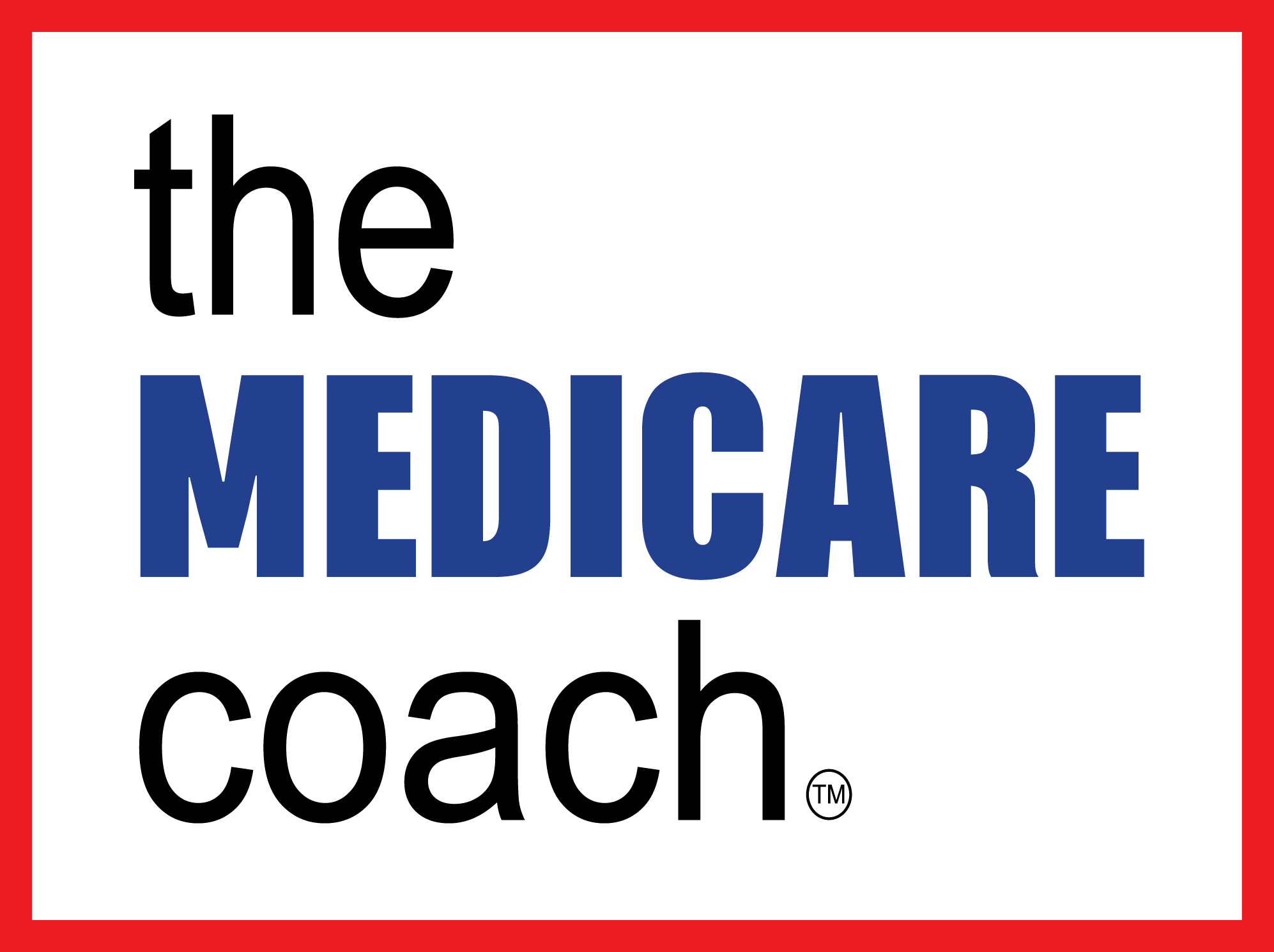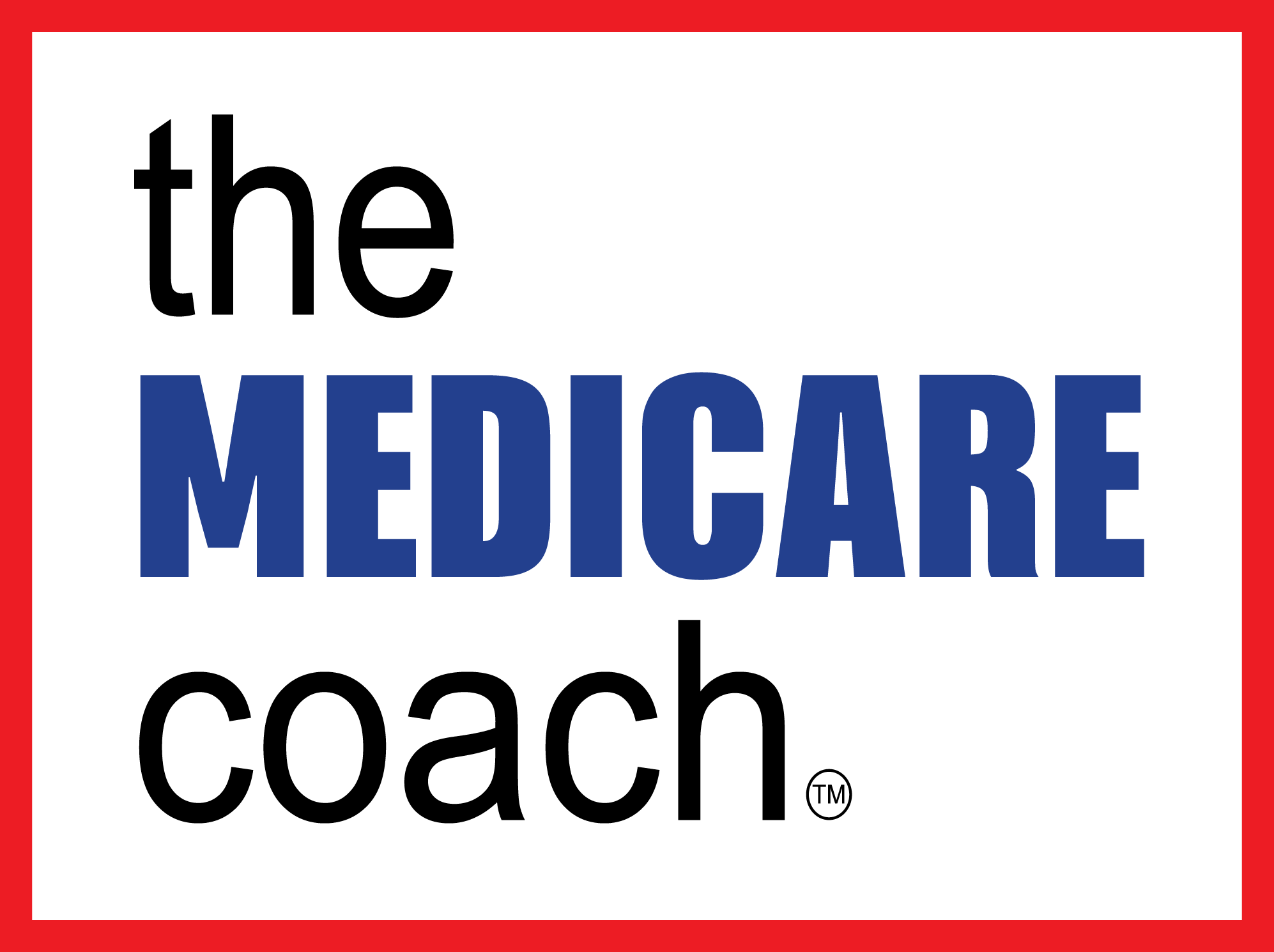One of the biggest mistakes I see retirees make, who have health insurance through an employer plan, assume that their retiree plan is better than Medicare.
Many of us have had excellent health insurance through our employer, but when you turn 65, the rules change, and the options vary.
I think it’s imperative to understand that your retiree plan may not be better than Medicare.
I want to go through the ways you can look at your options and decide which is best for you.
1. Does the retiree plan require Part A and/or B?
Many retiree plans do require Part A and B as it dramatically reduces the cost that your retiree employer pays for your insurance. The retiree health insurance documents will confirm this.
If the plan requires Part A and/or B, make sure you enroll based on their rules.
2. What are the plan details?
This step is to make sure you are in a good plan. Over the last few months, I have seen dozens of company retiree plans from big companies to small companies and school and public worker programs. You must look at the plan details to know if the retiree plan is good or bad.
You should look at:
- Monthly premiums.
- Deductibles.
- Maximum out-of-pocket costs.
- Prescription coverage.
- Dental/Vision coverage.
- Networks: Is there a small network, or will it cover any doctor across the country.
- Other rules: Some plans will only cover you for a certain number of years and what happens when that ends.
Please, do not assume that your retiree plan is better than Medicare. Medicare has a bad rep, and I think many people make the wrong decision because of this.
Doing research at the beginning can save you significant amounts of money and make your life easier in the long term.




